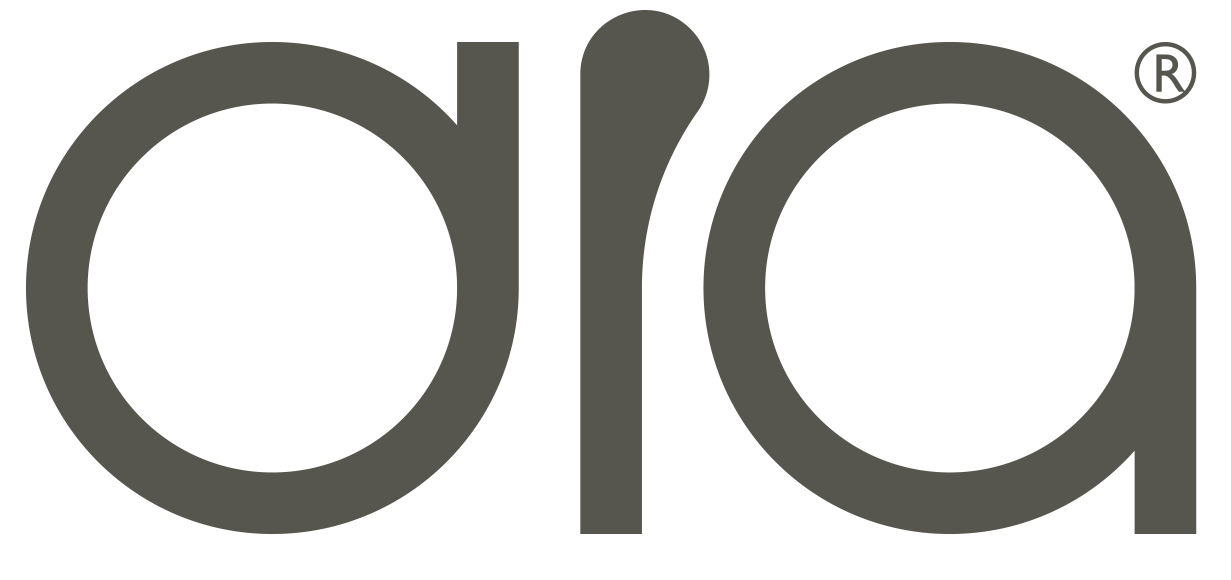The advancement of in-space servicing, assembly, and manufacturing (ISAM) necessitates a robust regulatory framework to ensure safety, compliance, and international cooperation. Given the conservative nature of space operations, trust and standardized practices are essential for successful collaboration. This requires not only national regulations but also international standards that can be universally adopted and respected.
The Need for Standards and Regulations
- Establishing Trust: For companies to work together effectively in space, there must be a mutual trust built on reliable standards. Since ISAM is a relatively new field, comprehensive standards are still being developed. Initially, best practices are being implemented, followed by thorough testing and validation to create formal regulations.
- International Collaboration: Developing a common language and compliance framework through international testing and validation is crucial. This approach mirrors how international trade and shipping regulations were established, ensuring that all parties can operate smoothly and safely across borders.
Developing ISAM Regulations
- Technical Standards: The first step in creating regulations is establishing technical standards. For example, docking procedures must be standardized to ensure compatibility and safety. These standards start as voluntary, non-binding guidelines aimed at making space economically viable before becoming formal regulations.
- Balancing Innovation and Regulation: Overly detailed and rigid regulations can stifle innovation and hinder the growth of small businesses. Therefore, the current approach focuses on best practices rather than mandatory detailed standards. This balance allows for flexibility and encourages innovation while maintaining safety and reliability.
International Regulatory Landscape
- European Operational Framework: Europe has taken a proactive role in developing space regulations, setting a precedent with its European Operational Framework. This initiative aims to create comprehensive and internationally accepted regulations for ISAM activities.
- ISO Standards: The International Organization for Standardization (ISO) has also contributed to the regulatory framework with the release of ISO 24330. This standard has gained widespread acceptance, with countries like Russia, China, Brazil, and India adopting it, demonstrating a strong international commitment to standardized ISAM practices.
- Moon Landing Regulations: While ISAM regulations have seen considerable international cooperation, moon landing regulations remain less collaborative. As Article II of the Outer Space Treaty, raising a flag or parking space vehicle doesn’t mean the ownership of Moon or Mars. However, countries must communicate and negotiate if their landers operate in overlapping areas.
Economic and Competitive Implications
- Economic Opportunities: Countries that lead in developing ISAM regulations can gain significant economic advantages. Effective regulatory frameworks attract investment and foster growth in the space sector, positioning these countries as leaders in space innovation and commerce.
- Competition for Regulatory Leadership: There is a competitive aspect to establishing regulatory standards. Nations that set widely accepted regulations can influence the global space industry, enhancing their economic and technological standing.
Conclusion
As ISAM activities continue to expand, the development of an effective regulatory framework is critical. The current emphasis on best practices and voluntary compliance allows for innovation and flexibility, ensuring that the space industry can grow and adapt. International cooperation and trust are paramount, with technical standards paving the way for comprehensive regulations. By balancing innovation with regulation, the global space community can create a sustainable and thriving space economy.
SpaceRegulations, #ISAM, #SpaceIndustry, #InternationalStandards, #SpaceCollaboration, #SpaceSafety, #SpaceInnovation, #EuropeanOperationalFramework, #ISO24330, #SpaceEconomy, #SpacePolicy, #MoonLandingRegulations, #SpaceTrust, #SpaceCompliance, #FutureOfSpa
